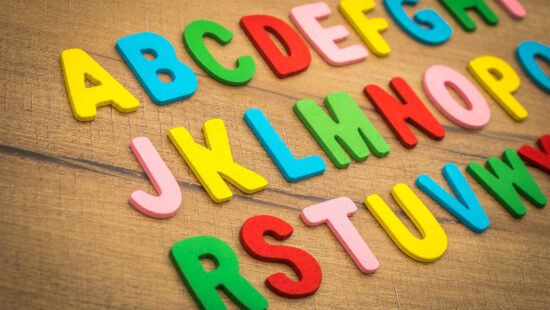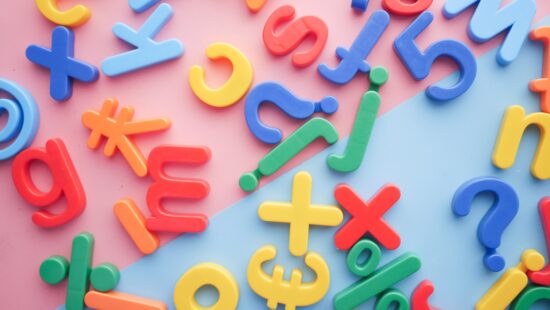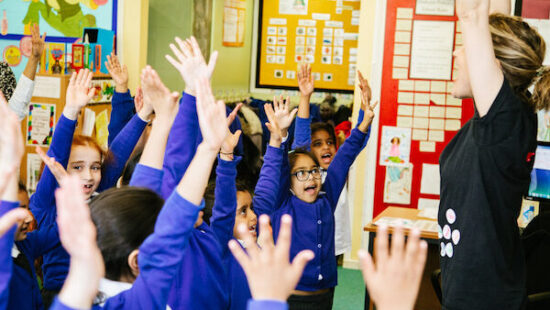Using music, drama and movement to support behaviour and school readiness

Using music, drama and movement to support behaviour and school readiness
Packed with creative ideas and activities for re-focusers, plus ways to support EYFS transition and prepare the youngest children for school. All activities can be adapted for KS1.
Download this resource
Music, drama, and movement are powerful tools for supporting children’s behaviour and preparing them for school. These creative activities engage children holistically, helping them develop essential social, emotional, and cognitive skills in an enjoyable and accessible way.
Encouraging Positive Behaviour
Music, drama, and movement provide structured yet flexible ways to teach children self-regulation, cooperation, and focus. Singing songs with repetitive patterns helps develop listening skills and patience, while rhythm-based activities improve concentration and impulse control. Drama exercises, such as role-playing, encourage empathy by allowing children to explore different perspectives, while movement-based activities channel energy positively, reducing restlessness and frustration.
Building Communication and Social Skills
Creative activities create opportunities for children to express themselves in non-verbal ways, particularly benefiting those who struggle with speech or confidence. Singing and acting encourage vocal expression, storytelling develops vocabulary, and group performances enhance teamwork and turn-taking. Through movement, children learn to interpret and respond to social cues, improving their ability to connect with others.
Developing School-Ready Skills
Beyond behavioural benefits, these activities also support cognitive and motor skill development. Clapping to rhythms strengthens coordination, while drama and storytelling improve memory, sequencing, and comprehension—key skills for literacy. Movement-based learning helps children develop spatial awareness, balance, and motor control, which are crucial for tasks like writing and sitting attentively in class.
By integrating music, drama, and movement into early education, children build the emotional resilience, focus, and confidence needed for a smooth transition into school. These creative approaches not only enhance learning but also foster a lifelong love for expression, collaboration, and discovery.


